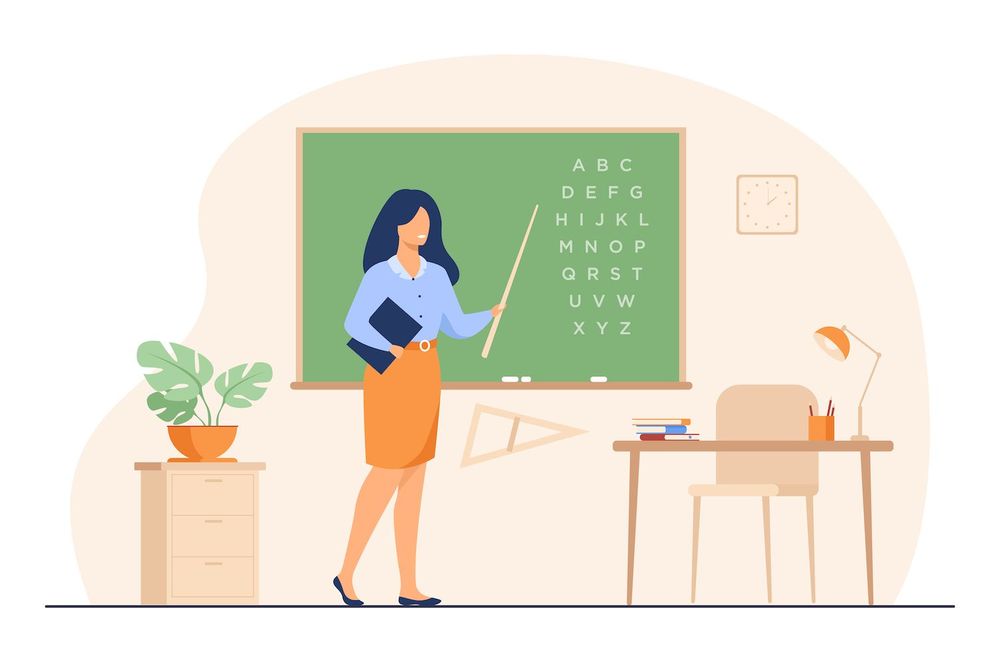11 Ways To Make sure that your intellectual property is protected in Online Courses
Editor's note: this article is intended for educational purposes only. You should consult with a certified lawyer before basing your decisions solely on the information provided below.
Content. Content is the heart of any knowledge-based and educational-based enterprise. It showcases the world your knowledge, provides your brand its voice and generates your company's income. It is a fact that it needs to be protected.
But how do you manage protecting your intellectual property (IP) particularly in light of the realities of the internet's "sharing economy"sharing economy?" If even Hollywood, with their top-of-the-line lawyers, cannot control illegal downloads piratey, file sharing, and other illegal downloads How can you ensure your IP secure as a course and content creator?
The reality of the web:
Even with the latest technological advances, we can't fully protect our IP. When it is online, it's at risk of being copied, stolen or accessed by people who haven't paid for it. That's a fact. If people really want to have it, they'll.
If you find that your IP is being utilized for illegitimacy in competing way, you need to address the issue. If somebody is using your content, IP and name to gain money of your business, bring an expert in law enforcement immediately.
In the event that you react appropriately when your IP stolen is all excellent and great, setting safeguards is far better.
1. Find a Trademark
If you're really worried with the security of your IP It might be worth you considering getting the Trademark. This isn't a good option for all firm, and it's not cheap either. But, I'd recommend to at the very least speak with a Trademark Attorney and getting their opinion on what your options could be.
2. Print and mail your material to yourself
Simply print out your whole program, which includes the outline of the curriculum, lesson plans and the content. You can then send it to yourself as tracked and recorded delivery, then don't ever ever look at the file. If anyone ever reproduced the content you created and took it to court for dispute You have the current proof of the date your information was made and also how long it has been available for. Simple, yet effective.
3. Time stamp your content
If you are sharing the internet, you should remember that , if you share your content publically, it is evidence that you posted it in the first place! Every blog post includes a 'published' date on it. Every YouTube video, Facebook status updates, as well as live stream videos display the post's original date as well. If an identical item is released following the publication of your original the obvious question is who was the source.
4. Show your face
5. Watermark your content
Check that your company's name as well as your website's URL, or watermark appears in your videos for training and other documents. So, if the material has been used illegally yet it has your logo, face and website on your content, it's you who will get the praise or credit from fans, as well as any business that might result due to someone viewing the material.
Here is an example of a watermark I've placed on some of my YouTube channels:

6. Make it common knowledge
If you've got a'saying", a strategy, a process or something that you think is yours, don't ask yourself what you could do to wrap the thing up and secure it. Instead, figure out ways to make it appear so massive and so 'you', regardless of where or the way it's used the world knows that it is yours. Say it in every video, blog, on your website on your email signature, every interview you do and anywhere else you're get noticed. You can make it clear that you own it However, allow it to 'belong' to whoever is looking to be identified as part of it - after all, that's what you do to create a community.
This is precisely how and why I created ' Edupreneurs' and was the first to define ' Edupreneurship'. I wanted to be an indisputable leader for some thing, however I wanted to do it in a way that I can give something away for others to assume as their own - an identity they can call the their own, but which remains with me as the leader of creating it in the first place.
7. Keep an eye out for duplicates of your material
Keep an eye for your belongings. I use Google Alerts, which is an absolutely free Google tool that allows users to input various keywords, including your name and certain words and phrases that you are using. Once you've set it in place, Google will email you when those phrases or words have been published on the web. Then, you are able to check them out to determine if they've copied or referenced correctly, or if it's just a coincidence.

You can also employ plagiarism checking software to determine whether your writing has been copied from anywhere. There are many available However, one can be found in Copyscape in which you are able to add the URL to your blog , for instance the post, and Copyscape will look through the web for similar content.
8. Have a Copyright Policy
It is possible to create your own guidelines to in educating public on what's acceptable and not when it comes with your IP. Although this won't necessarily protect your rights legally, it will help those looking to reference you fairly how to do it in the right way. Simply write up a very clear list of what you deem as 'ok' in reference to you, using your content and sharing it with others or copying it. Also, write down what's not. Set them up with some guidelines as to the types of items they'll have to get your permission to do and the things they are able to perform without needing to ask for written permission.
Also, think about including an attribution symbol ((c)) or disclaimer on your content. While it's not a guarantee of protection it can make people think twice before they reproduce it.
9. Make your course truly valuable to just one person
10. If you keep it in check and don't let it go, you're the culprit.
It can be easy to slip into defensive mode to safeguard our intellectual property and lock it all in an inaccessible knowledge dungeon in a safe place from pincers'. But don't hold back all of your knowledge and stop all of your millions of potential customers from hearing itjust to ensure that just a handful of individuals don't know about it. There's an element of absurdity that lies in this.
We can become so obsessed with protecting ourselves that we don't think about the people who we are trying to aid by creating courses in the first place in the end, stealing the opportunity for them to gain knowledge. Which is more damaging? the thousands of people who see their lives changed through your work, with only a few people getting their hands on it on the black market' or not getting any aid at all?
11. Never forget, no one can be the same as you.
The most wonderful thing about being human is the fact that we are all so different. Our words can be copied by others, our writing, our thoughts and even our ideas However, they will never BE us.
People don't spend money on stuff, they buy people. Because people like people. How we talk, the way we look and the sound of our voice, how we hold our bodies, the people we do or don't remind our customers of, how we affect them in the way we communicate, and more of the subconscious subtleties that lie behind every purchase we make are all factors that could not be taken away from us regardless of how much effort someone put into it.
I'm fully aware of the fact the despite my growing competition daily and the amount of competitors currently trying to take some of my audience with their own contents, they'll never ever be me, which implies they are never going to be a threat.
You are the largest trademark of your IP, so although we need to keep half an eye open Don't let fear that your IP could be duplicated be the reason for making a difference in the lives of others.
Sarah Cordiner is an education expert, author, and speaker instructor, and award-winning online course creator and CEO of Main Training. With 11 years in business within the educational sector with over 5,000 students spread across more than 121 countries, Sarah is a captivating combination of business and education. She is the internationally recognized leader of EDUpreneur in "profitably informing your audience'.
